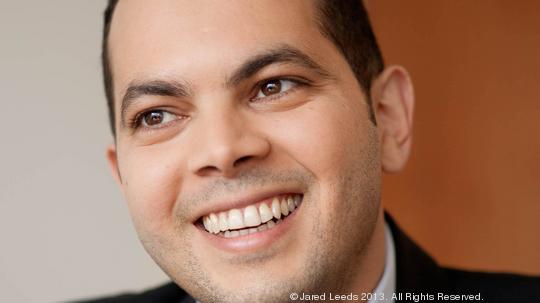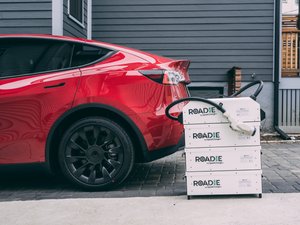
Battery Ventures is back with two new funds, totaling $1.25 billion, so that the Boston-based firm can continue pursuing deals of all kinds, from seed investments to buyouts.
Tuesday's announcement of the $800 million Battery Ventures XII fund and the $450 million Battery XII Side Fund comes two years after the firm raised $950 million for its previous pair of funds. It also coincides with the promotion of Morad Elhafed, who has been working for the firm in Boston for the last 10 years, to general partner.
Battery focuses on a wide range of sectors across the world, from business software to consumer internet and industrial technology. Local portfolio companies include low-code development platform Mendix, sales software provider Yesware and IT disaster recovery firm Zerto. Notable exits in the Boston area include Akamai, ITA Software and Wayfair.
Elhafed, a native of Morocco, came to Battery in 2008 after working as an analyst at RBC Capital Markets. Since joining the 35-year-old firm, Elhafed has been focused on buyouts for the firm's private equity side, which complements the firm's focuses on VC and growth equity.
"We’re very unique in that we cover the full spectrum."
The fact that the firm dabbles in three sides of the capital spectrum makes it unique in the investment world, Elhafed said in an interview with BostInno. Whereas the VC side focuses on earlier, riskier endeavors that can have big potential, growth equity focuses on more established companies that have good momentum and notable customers. Private equity, on the other hand, focuses on established companies that have a slower growth rate.
"We’re very unique in that we cover the full spectrum," he said. "It’s very unusual to see an organization that can balance that strategy."
One of the advantages of this seed-to-buyout strategy is that the firm can apply what they learn from one end of the market to the other, Elhafed said. An example of this can be found in the travel industry: Battery has done deals in the market on all three sides (Duetto for a Series A, ITA Software for growth equity, and IHS for a buyout).
With IHS, in particular, which the company sold to travel company Sabre in 2015, the firm was able to apply what it learned about hotel reservations and account management in the hospitality world to Duetto, which provides hotel revenue management software.
"So you learn a lot about how hotels buy technologies, how to support hotels, how to sell to them, and you get closer to the strategic buyers and also where they're going with their strategies down the road," Elhafed said.








